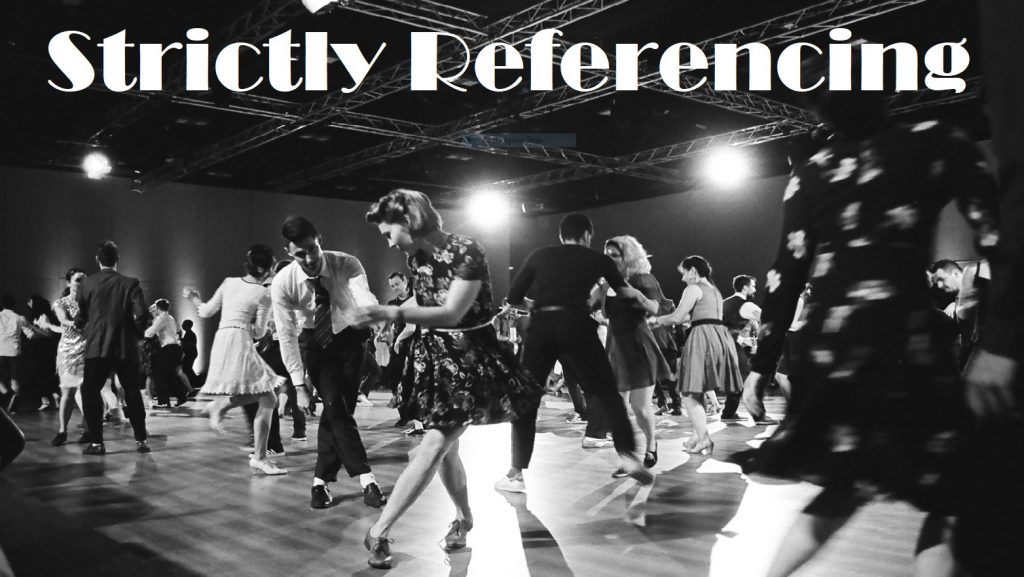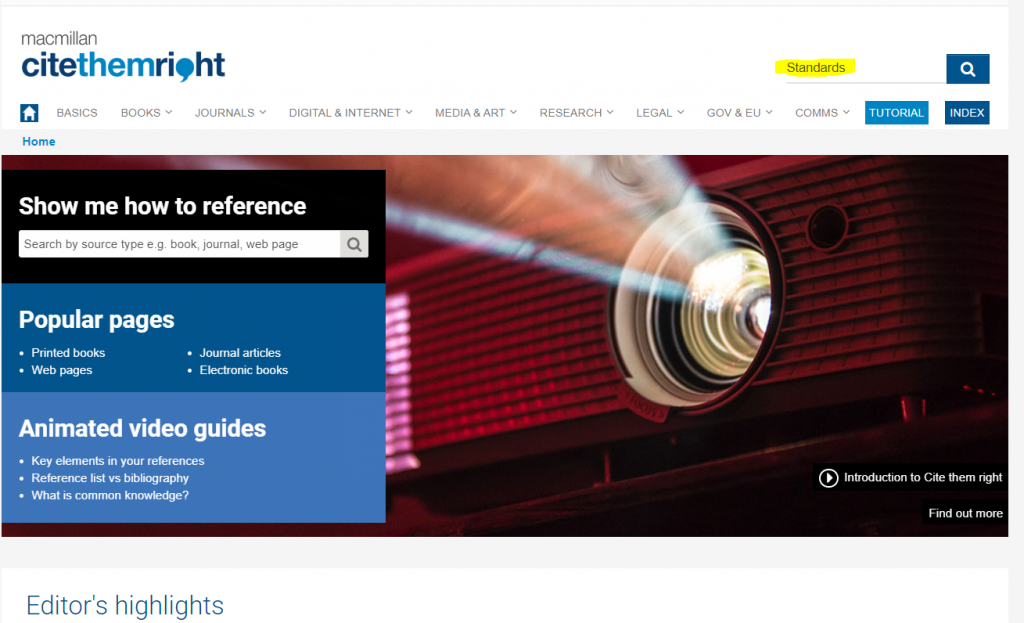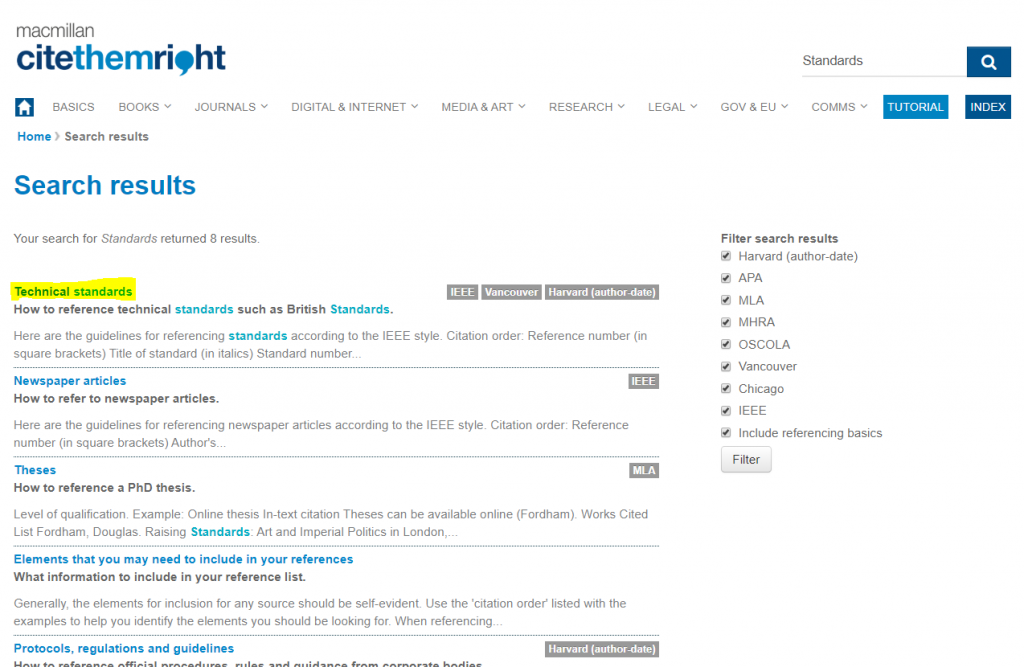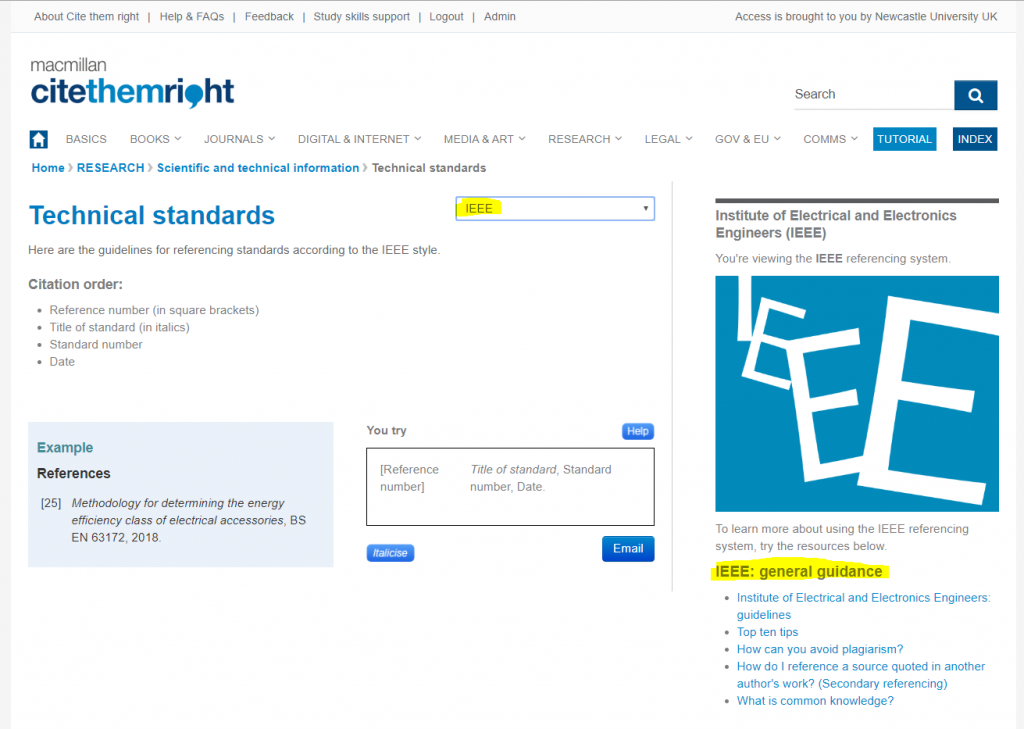
Key resources
Do you have an assignment or research question and don’t know where to start? Search no further, your subject-specific LibGuide is only a few clicks away.
Follow the link above and then choose the Faculty and relevant School. Once you are there you will see the key resources that are provided for you:

Navigate to the ‘Journals and Databases’ tab. This will display the databases where you can search for the journal articles that you need. Don’t know how to use this avalanche of links? We have instructions:

From the Databases tab, click on the next tab along, in the centre of the screen that reads ‘Journals and Database Help’.
One-to-one help
Is the information too vast and you feel like you’ve hit a wall? You can ask your liaison librarian team for help. From the same navigation menu on the left side of the screen, click on ‘Subject Help and News’. There, you can find the team’s contact details and further down the page, you can request to book a one-to-one consultation with a member of the team.
Academic skills
Do you feel that your academic skills need to be polished a little? Don’t hesitate to look at our Academic Skills page from the Subject Support page:

You will find more guides on this page relating to how to find academic information, reference it, using EndNote, distinguishing between real information and fake news and many more.
Academic Writing
You can also get one-to-one help from the Writing Development Centre if you are struggling with study skills or academic writing.
Library Help
Do you have any specific questions? Please contact us via Library Help where we monitor your live chats and emails or have a look through our FAQs.








